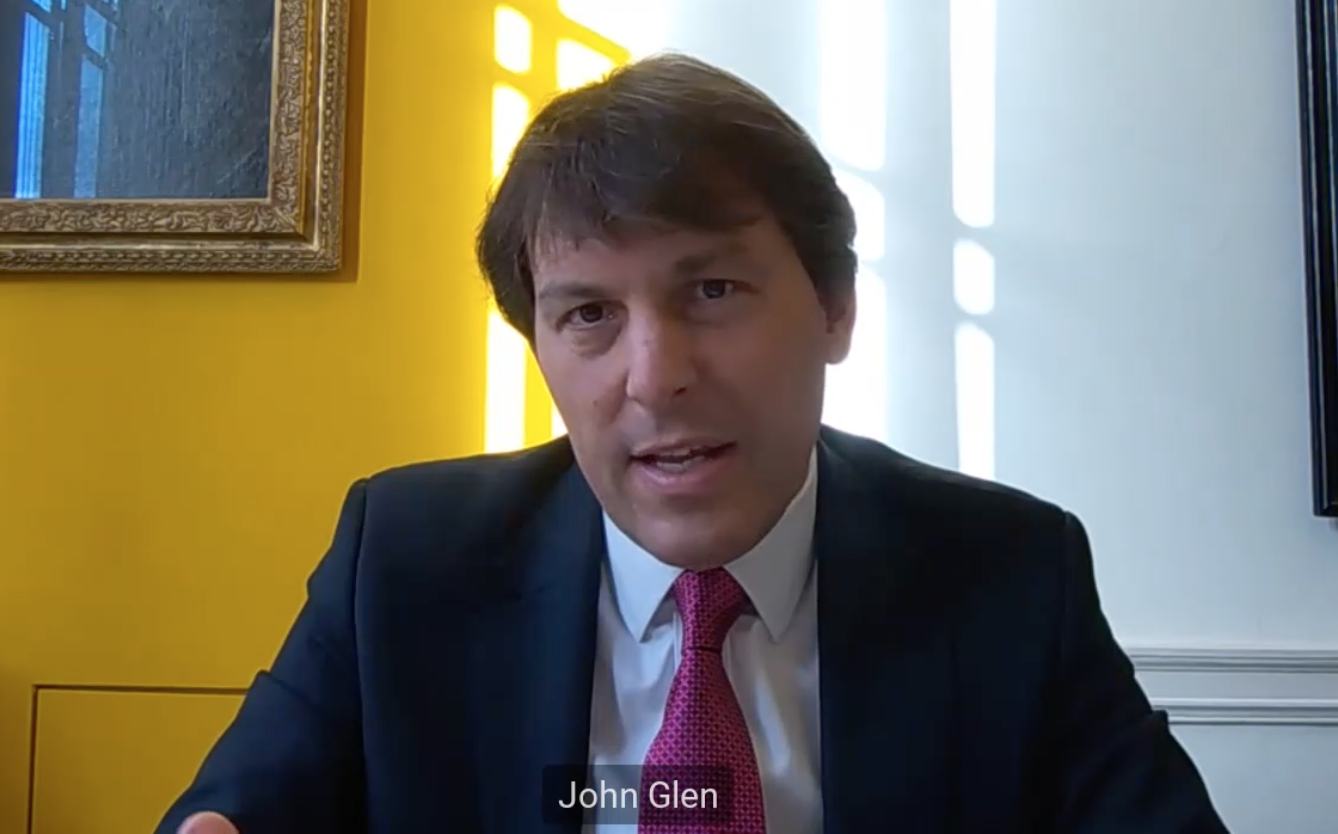The coronation of Rishi Sunak as the third British Prime Minister this year has brought to an end four months of unprecedented crisis at the heart of British government, culminating in the calamitous collapse of market confidence in the wake of the mini-Budget on 23 September.
It gives everyone, not least the financial services sector, a chance to breathe more easily and take stock of where economic and regulatory policy now stands, writes Contributing Editor David Worsfold.
First, the personnel.
The sector will like the majority of Sunak’s appointments, especially at the Treasury (pictured above). As Chancellor of the Exchequer, Jeremy Hunt had already done much to calm the increasingly volatile markets and is seen as a much safer pair of hands than his predecessor Kwasi Kwarteng. His big test will come on 17 November when his delayed autumn statement will reveal how the government plans to bridge the estimated £50bn gap in the public finances.
Alongside him will be John Glen (pictured), Chief Secretary to the Treasury, with responsibility for public expenditure, and Victoria Atkins as Financial Secretary to the Treasury, in charge of tax policy.
 As a former City minister for four-and-a-half years, Glen is well known to the sector and widely respected. He resigned from the government in July and was not re-appointed by either Boris Johnson or Liz Truss. He will now sit in the Cabinet as the number two in the Treasury team.
As a former City minister for four-and-a-half years, Glen is well known to the sector and widely respected. He resigned from the government in July and was not re-appointed by either Boris Johnson or Liz Truss. He will now sit in the Cabinet as the number two in the Treasury team.
Atkins is a new face at the Treasury, having previously been Minister of State at the Ministry of Justice and Minister for Afghan Resettlement.
The new City Minister (Economic Secretary to the Treasury) is Andrew Griffith, who was briefly Financial Secretary to the Treasury under Truss. He was an Adviser on Sustainable Infrastructure Investment from September 2021 until the end of December 2021 and also the UK’s Net Zero Business Champion from November 2020 until the end of the COP26 Climate Summit.
Outside the Treasury, there was a warm welcome back for Guy Opperman as Pensions Minister in the Department for Work and Pensions with the rank of Minister of State, a move up from Parliamentary Undersecretary of State. He held the brief for pensions and financial inclusion from June 2017 before being sacked by Truss in September. In July he had become the longest-serving minister in that role and is held in high regard in the sector.
Second, the issues.
These fall into two broad categories: economic and regulatory.
The economic issues are well known and much hinges on the 17 November statement which is expected to clarify the balance between tax increases and public expenditure cuts as the government sets out its plans to repair the enormous damage caused by the rash policies of Truss and Kwarteng.
On the regulatory front, there is still plenty of uncertainty over the plans to strike out all EU laws not replaced by new UK equivalents at the end of 2023 – the so-called sunset clause. Many of these laws affect the financial services sector and anxious eyes will be watching for any potential policy vacuums. There is speculation that Sunak feels the work needed to be done on this measure will be too distracting with an economic crisis to deal and is minded to move the sunset clause to the end of 2026.
Meanwhile, the Financial Services & Markets Bill is still before Parliament and the possibility of a move to merge the Prudential Regulation Authority, Financial Conduct Authority and other regulators into a single super-regulator has not entirely vanished. There will be plenty of debate about the weight given to the new competitiveness objective, currently pitched as a secondary objective for regulators but the subject of intensive City lobbying to promote it to the status of a primary objective.
The other controversial proposal in the Bill, which could be dropped or extended, is giving the Treasury the powers to “call in” regulatory proposals that the politicians do not like.
Finally, the insurance market will be watching closely to see how far the Solvency II regime will be relaxed. It was hoping for clarity on this by now but the chaos at Westminster has pushed that back with no news so far on when a decision can be expected.

